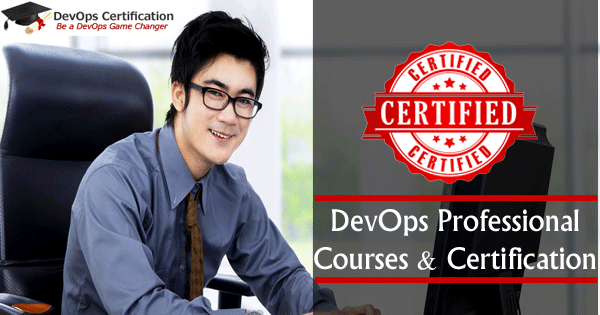DevOps Professional Courses & Certification

This course have a highlight:
- Be able to write testable requirements and write effective User Acceptance Tests
- Understand the concepts of virtualization and lightweight containers and build and deploy container based applications
- Understand the important concepts of object-oriented design and make efficient use of design patterns
- Understand and select the best data storage solutions for applications
- Be able to develop high-quality code using test driven development and code quality evaluation tools
- Make efficient use of source control systems, build tools and continuous integration tools
- Know how to utilize integration and configuration management tools
- Appreciate the importance of monitoring tools and when and when not to optimize software
This course covers the following tools like
Operating Systems- Windows
- Linux (CentOs & Ubantu)
- SVN
- Git
- Ant
- Maven
- MSBUILD
- NANT
- Gradle
- RPM
- YUM
- APT
- Docker
- Vagrant
- Vmware
- VirtualBox
- SonarQube
- Jacoco
- Cobertura
- Chef
- Puppet
- Jenkins
- Amazon AWS EC2
- Nagios
- Bash Scripting
- Ruby Fundamental
DevOps Professional Course and Certification exam for whom
- Individuals and organisations seeking a fundamental understanding of DevOps
- Employees, managers, stakeholders and suppliers who are leading or contributing to an organisation's DevOps initiatives
- Consultants guiding their clients through DevOps programs and process improvement initiatives
- Application and infrastructure providers whose products are part of the DevOps tool chain
- Internal and external suppliers
- Business stakeholders
Prerequisites
- Basic familiarity with IT and IT frameworks (Agile, Lean, ITSM) is recommended


 |
|---|